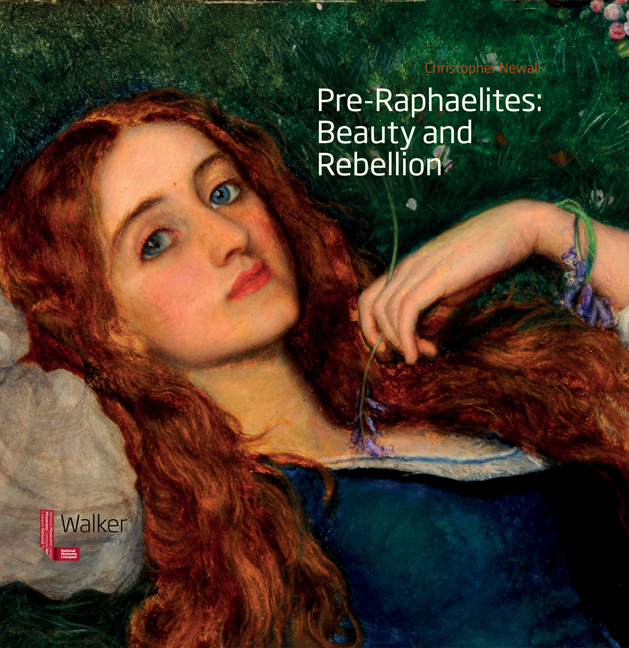The Liverpool art world
Summary
Liverpool's mercantile prosperity, meshed with the innate cultural open-mindedness that distinguishes the city, has allowed arts of all kinds to flourish and be welcomed. Extraordinary intellectual and cultural advances were made in all of the towns of northern England in the period. The history of 19th-century Liverpool is marked by a willingness on the part of its citizens to depart from conventional patterns of thought and by a general disaffection with the London-based establishment. The lawyer and banker William Roscoe, who rose from humble circumstances as the son of a market gardener and inn-keeper to a position of wealth and influence (although in 1816 he was spectacularly cast down by the failure of the bank of which he was a partner), is a prime example of a Liverpool man who was always generous to causes in the town of his birth, but also determined to pursue his own strongly held principles and convictions. As a non-conformist Unitarian who also served as Liverpool's Member of Parliament, Roscoe denounced the trade in African slaves which had shamefully operated from Liverpool since the 1740s and made a speech in the House of Commons that speeded its prohibition throughout the British Empire in 1807. From the late 18th century into the early 19th, Roscoe followed his antiquarian interests by collecting books and assembling a vast collection of paintings, drawings and prints at his house Allerton Hall, Woolton, which included the group of medieval Italian paintings that were acquired in 1819 by the Liverpool Royal Institution and which in 1948 passed to the Walker Art Gallery.
From a young age, Roscoe poured his energies into establishing a succession of artists’ associations in Liverpool where exhibitions might be held and to provide a forum for debate about artistic matters. The story of the successive societies, schools and exhibition spaces that were launched in the late 18th and early 19th centuries commences around 1769 when the Liverpool Society of Artists began to meet. This led in 1774 to an exhibition of contemporary paintings which counts as one of the first to be set up in any English provincial town. In 1783 the Society of Artists was succeeded by the Society for Promoting Painting and Design in Liverpool which again benefited from Roscoe's enthusiastic support.
- Type
- Chapter
- Information
- Pre-Raphaelites: Beauty and Rebellion , pp. 1 - 38Publisher: Liverpool University PressPrint publication year: 2016



